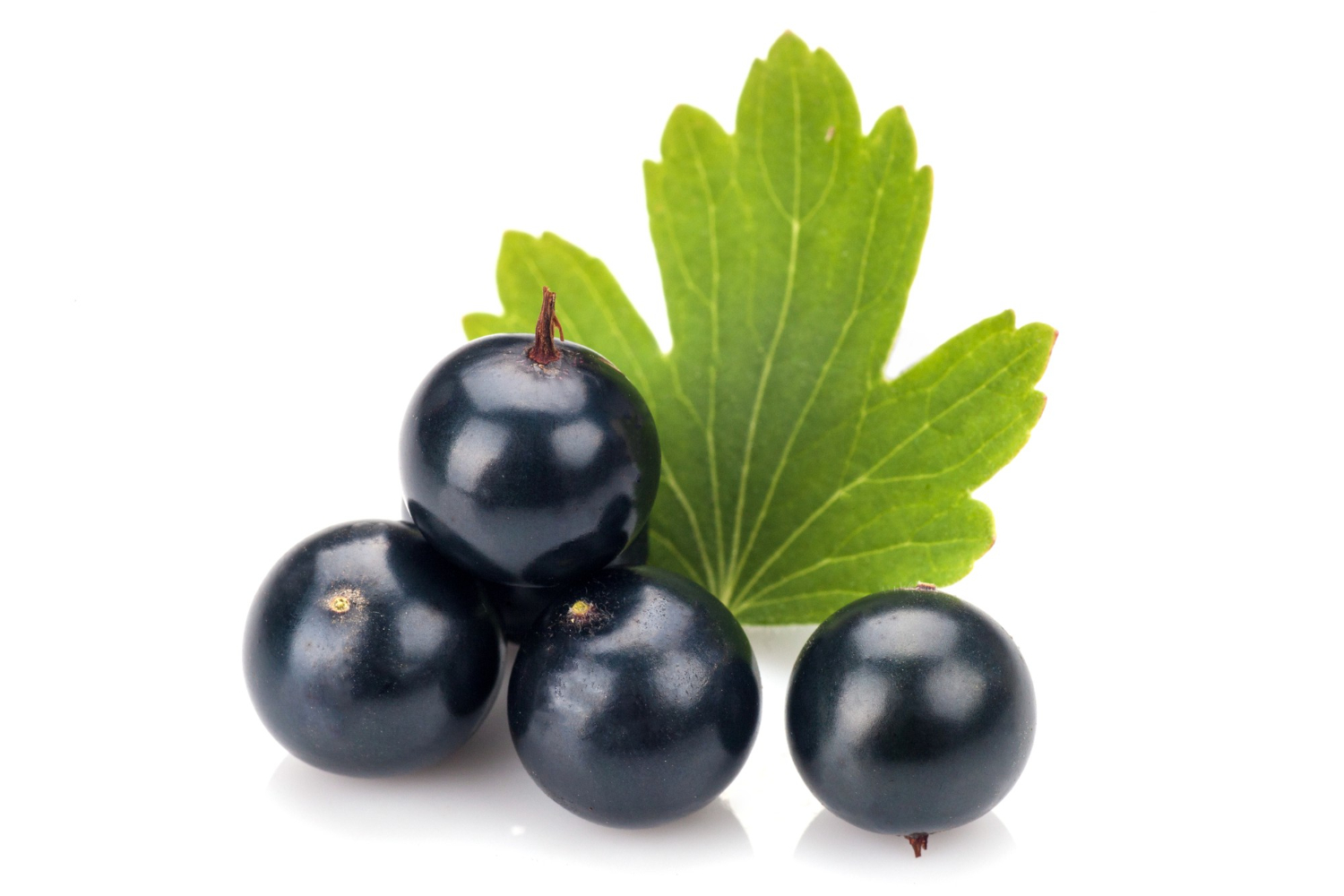The blackcurrant is a well-loved berry in the kitchen because of its versatility. It can be consumed whole as a berry, but it is often cooked to add sparkle and flavor to savory dishes. Blackcurrant is grown extensively throughout the world, and nearly everyone has tasted it. It is a top-ranking fruit comparable to blueberries, blackberries, and raspberries. While it was banned in the US before because it was thought to harbor a type of fungus that could harm timber, it has made a remarkable comeback, and its sad US history is all but forgotten. What makes blackcurrant a great crop, too, is that it can withstand winters, though the colder the clime, the more likely you will get a small harvest if you grow blackcurrants at home.
Despite being a well-recommended fruit, blackcurrants may still have some unintended side effects that you must be aware of. It’s a good practice to familiarize oneself with the potential impact of all types of food, especially if you are interested in changing your diet for health purposes.
Is Blackcurrant Juice Good for UTI?
There are no substantial indicators that blackcurrant berries or freshly-squeezed juice can cause UTI. However, there is a fine line between cause and exacerbation in this regard, so let’s talk about how juices can affect a person with UTI in the first place.
Urinary tract infections are exceedingly common, so it makes no sense to know how to prevent them, especially if you are a woman. UTI affects women more than men, and children are also more likely to be involved. In the case of blackcurrant, medical research points to the fact that blackcurrants are helpful for the renal system. The journal EJCN sheds light on the issue.
One study that highlighted the potential benefits of fruit juices to people who form kidney stones indicated that blackcurrant juice is capable of helping the body remove citric acid. Citric acid occurs naturally in fruits but also as an additive in soda and other beverages. Citric acid helps to preserve food and drink and provides a tangy taste synonymous with the taste of soda, with a few other additives.
However, remember that acidic foods, in general, are not recommended for people with UTI already, as acidic foods and beverages are bladder irritants. Bladder irritants can make your bout with UTI more uncomfortable, so it is highly recommended that you don’t try to drink any fruit juice while managing your UTI.
Doctors recommend that persons with UTI increase their fluid intake to hasten the flushing of the urinary bladder and the kidneys. Both need to be more transparent and more accessible of bacteria during a bout with UTI. This means you have to lessen the number of unnecessary additives that may affect urine quality. These changes matter because you want to recover from UTI the soonest as, too.
Why Is Blackcurrant Bad for The Bladder?
Blackcurrant may be bad for your bladder if you have severe bladder discomfort or trouble controlling your urination frequency. Everyone has experienced this at least once. You drank too much of a beverage, and suddenly, you can’t control your bladder anymore.
You’re driving, and the urge to pee suddenly comes, even if you have already peed an hour before. If your situation sounds similar, you need to take the necessary steps to ensure that your bladder isn’t irritated, so you can be more comfortable, especially when traveling.
Blackcurrant is just one of many possible bladder irritants that you may have to avoid, depending on how your body reacts to it. There are multiple approaches to remedying incontinence and bladder irritation.
On top of pharmacological therapies, doctors also firmly believe that consistent lifestyle modifications can do you so much good if you suffer from incontinence or bladder irritation. While bladder irritation isn’t precisely a fatal condition, it can reduce your quality of life and make you more anxious than you should be in entirely everyday situations, just because you are afraid that you might feel the urge to pee in inconvenient times.
Both food and fluids can affect your body’s release of urine, so pay attention to these reminders:
- The quantity of water that you drink per day can distend the bladder, making it harder for your urinary bladder to hold it all in. If you feel hot or constantly feel the need to drink because of the weather, try consuming smaller quantities of fluid every time, so your bladder isn’t shocked by the liquid volume.
- Time your drinks. The best times to drink more fluids are in the morning and afternoon. Toward the evening, you should be winding down both solid food and liquids in preparation for sleep. This is the body’s natural cycle.
- You might not be drinking enough water, which would explain abnormalities in your urine cycle. Monitor the color of your urine and check if it’s still clear. If it looks deep yellow and smells strange, you need to start drinking more to flush your bladder and kidneys.
What Foods Irritate the Bladder?
There are many known bladder irritants. The majority of them contain natural stimulants that irritate the bladder, so it feels that it has to release urine repeatedly. Once you start monitoring your intake, the good news is that the frequency of urination will also begin to change, and that’s a good start.
The top offenders when it comes to irritating the bladder are chocolate (incredibly dark chocolate and associated products), carbonated drinks (including soda and fizzy drinks that may or may not contain caffeine), coffee, energy drinks, and all caffeinated beverages, conventional tea preparations and milk tea (boba or not), all spicy food, acidic fruits (most especially citrus fruits), alcoholic drinks and fruits like blackcurrant.

